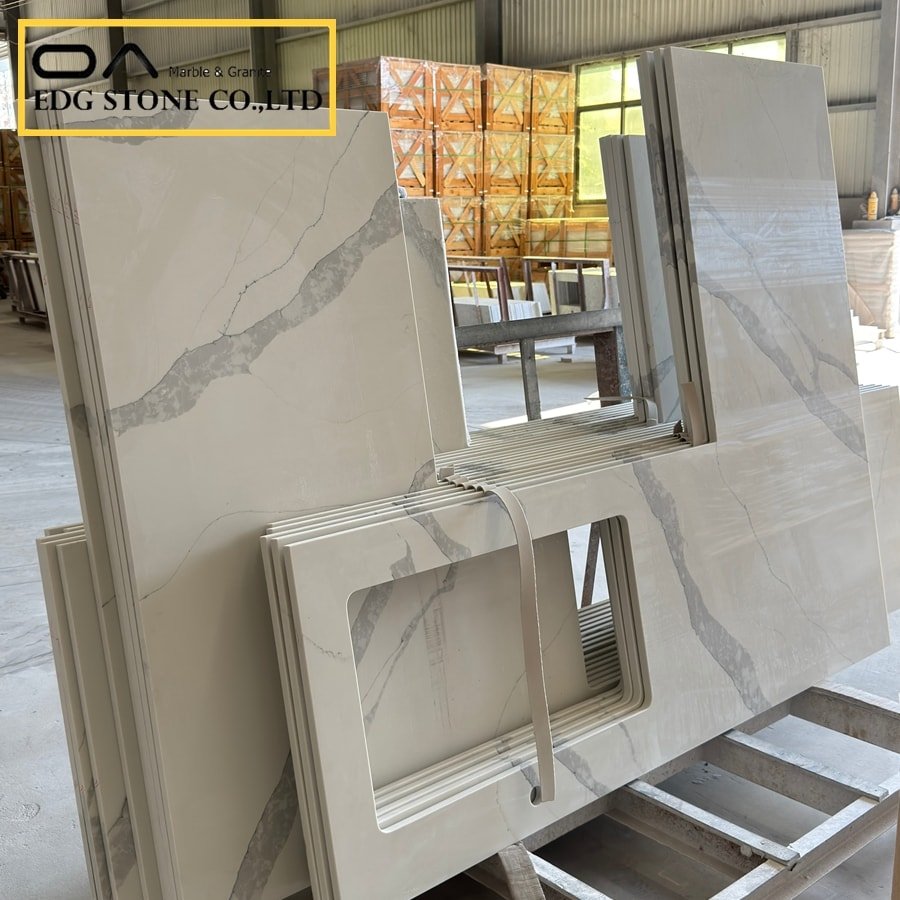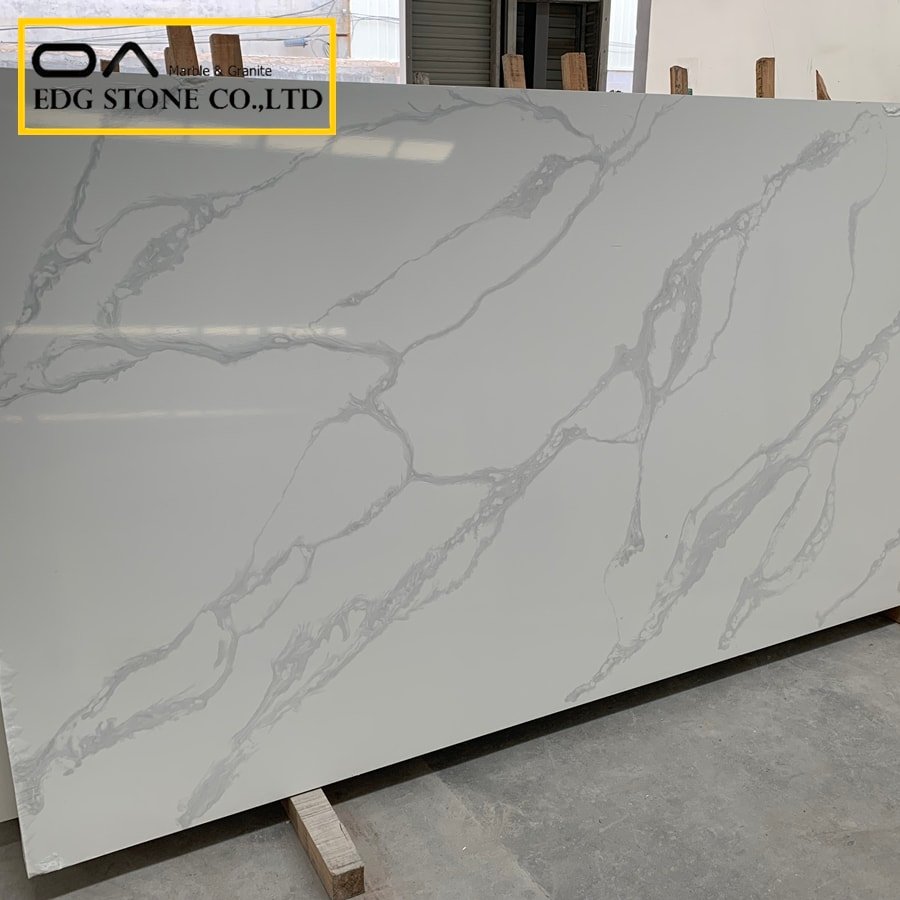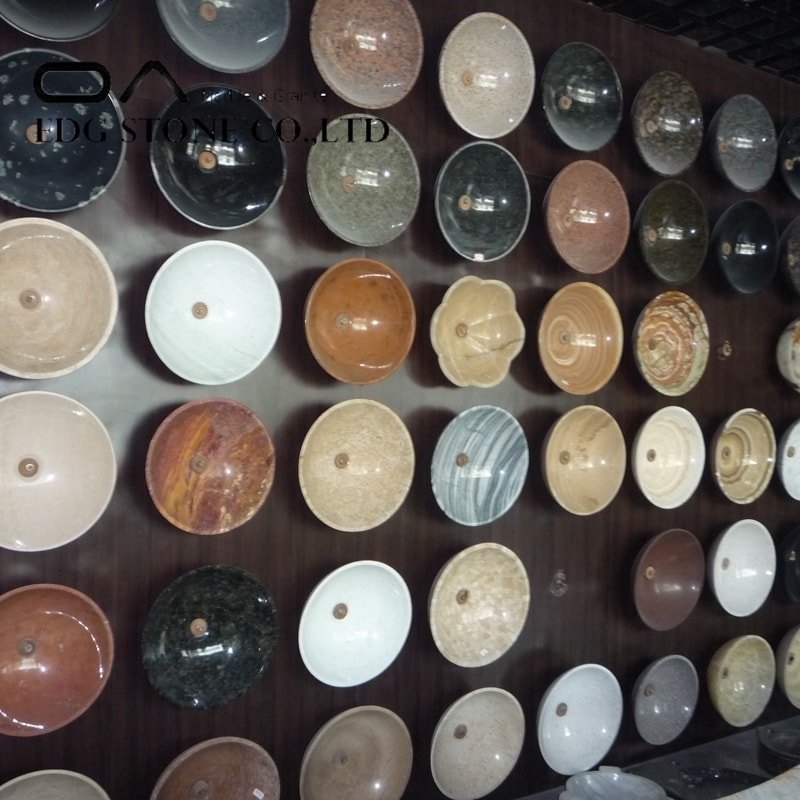When the customer enters the cabinet store to select the countertop, the sales staff first recommends quartz stone, because quartz stone has high hardness, no scratching, and is not easy to penetrate. It is a dense and non-porous composite material manufactured under vacuum, high pressure, and high vibration conditions. Speaking of which, one can’t help but ask, is the quartz slab really dense and non-porous? To this end, the editor consulted the quartz stone manufacturer and got the following reply.
In fact, the pores in quartz stone slabs are widespread, but reducing the content of macropores and lowering the average pore size is conducive to improving the permeability of quartz stone slabs. The size of the pore size also has a corresponding name. Less than 20nm is harmless pores, which will not affect the product’s permeability resistance; 20-50nm is less harmful pores, 50-100nm is harmful pores, and greater than 100nm is Poisonous pores have a greater impact on the permeability resistance of quartz slate.
In addition, the shape of the filler particles of quartz slate has a close relationship with the size of the pores. Quartz slabs made of quartz particles with high sphericity have low porosity and fewer macropores and super-large pores (>1000nm). This is mainly due to the tightly-packed particles with high sphericity and the dense structure of hardened resin mortar. Therefore, changing the particle morphology is conducive to improving the packing structure of quartz stone, reducing harmful holes in the quartz stone plate, and improving the hardness, density, and penetration resistance of the quartz stone plate.








